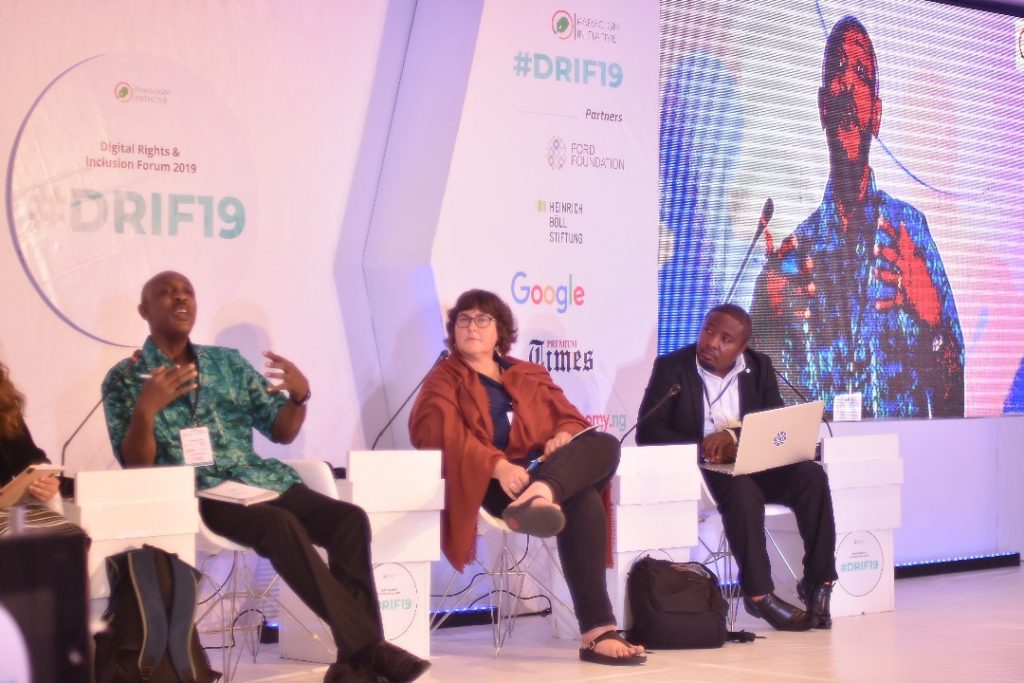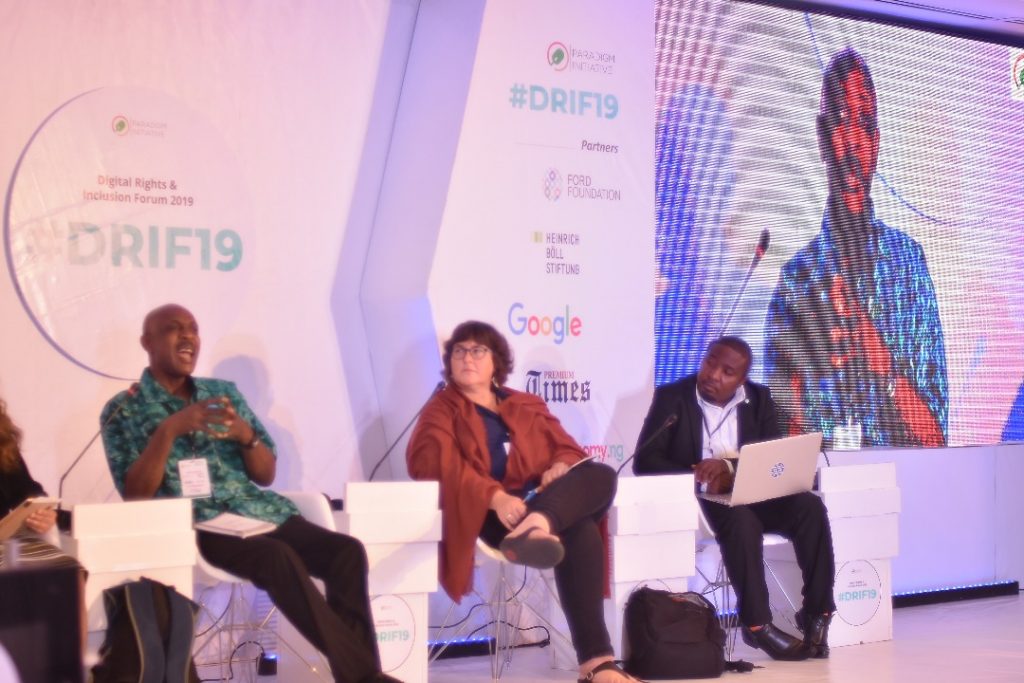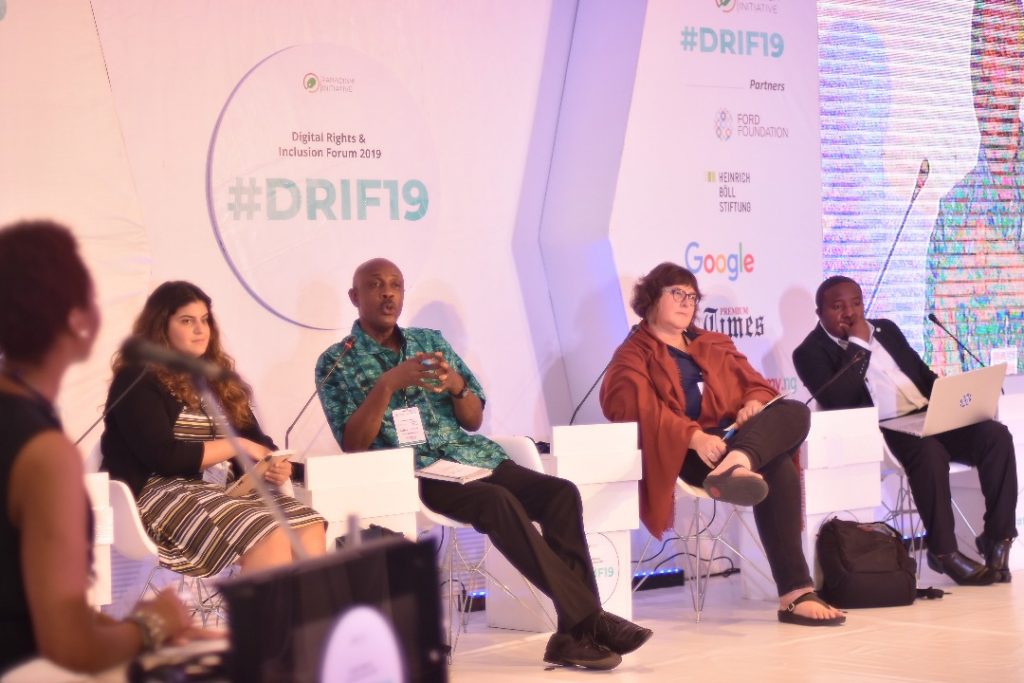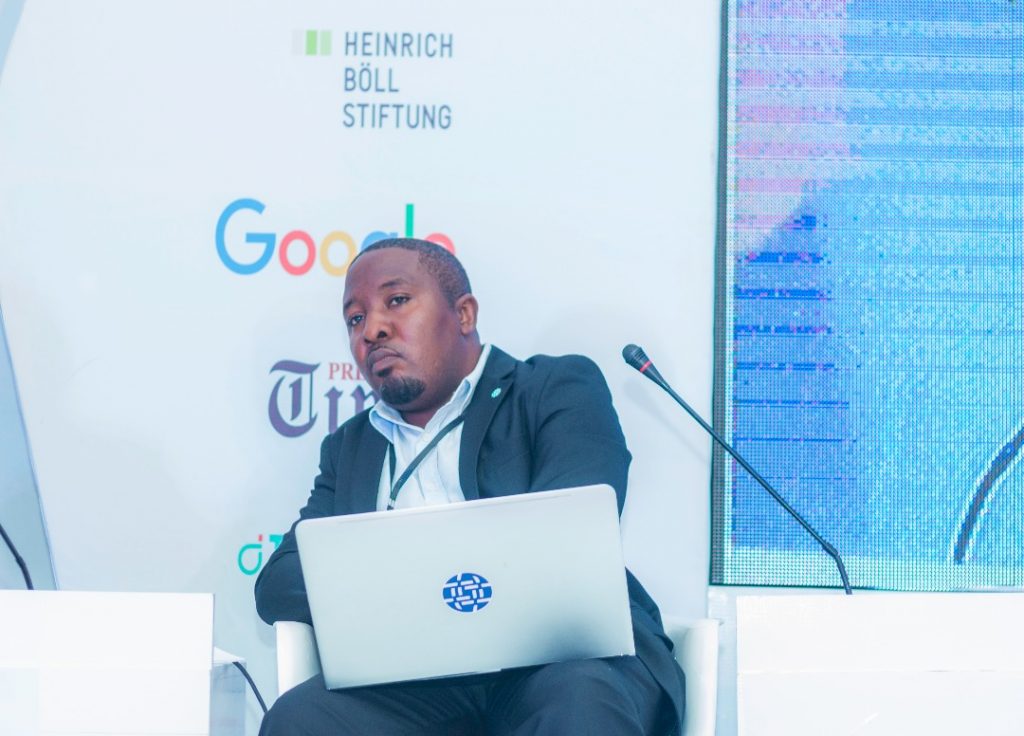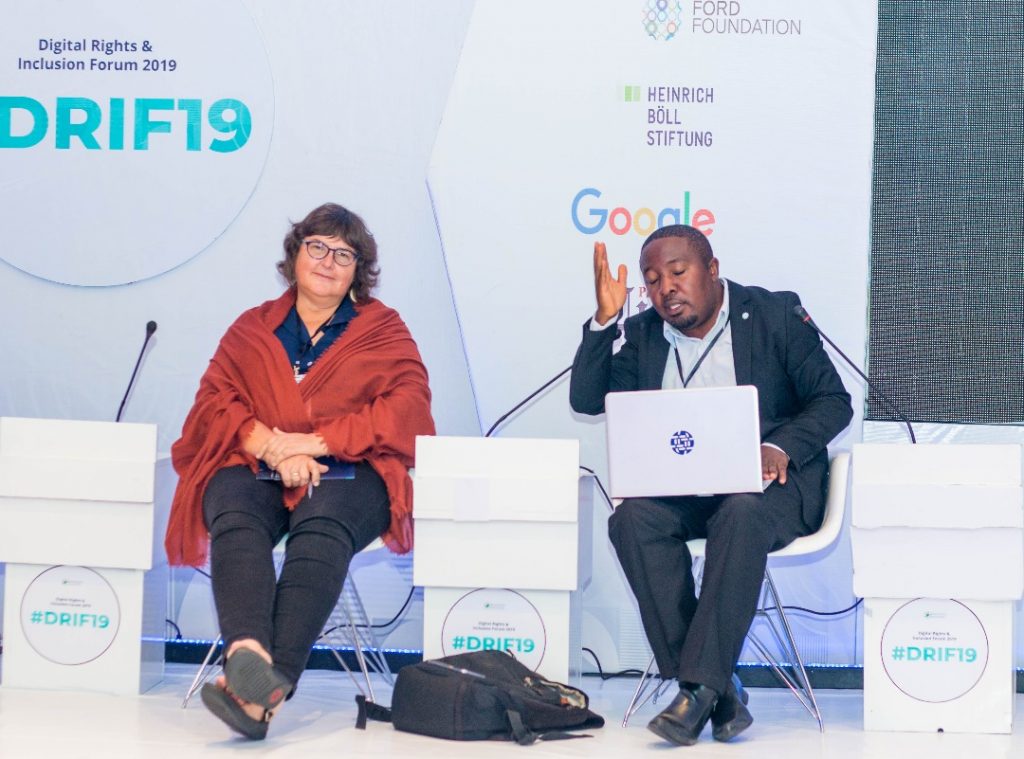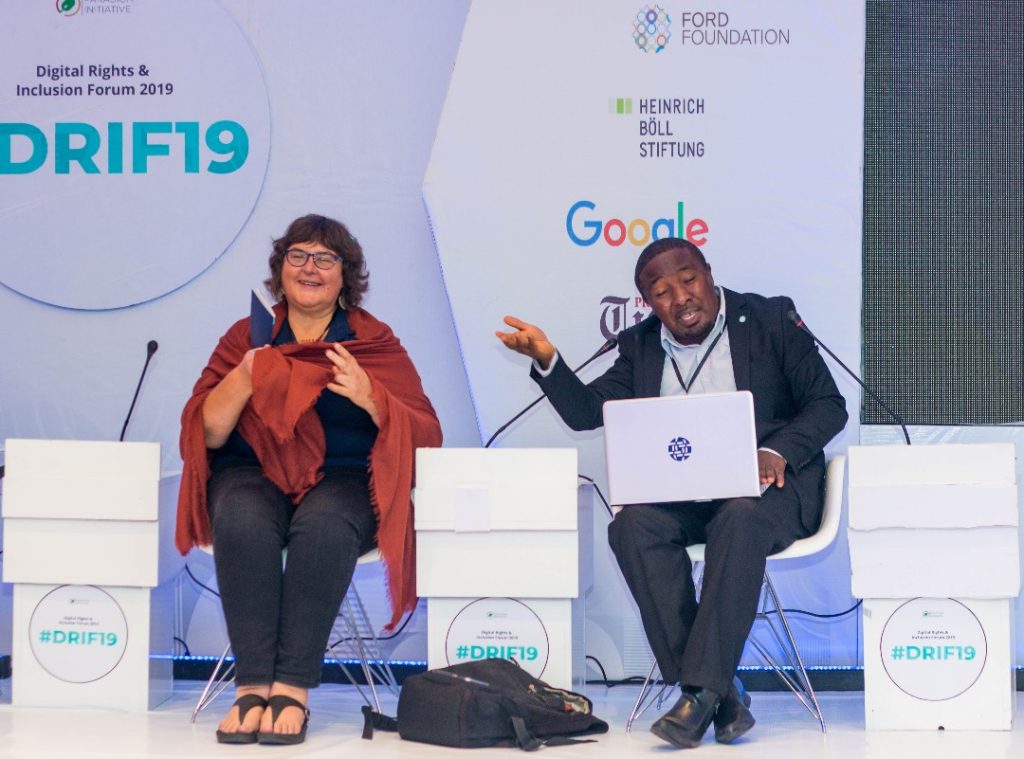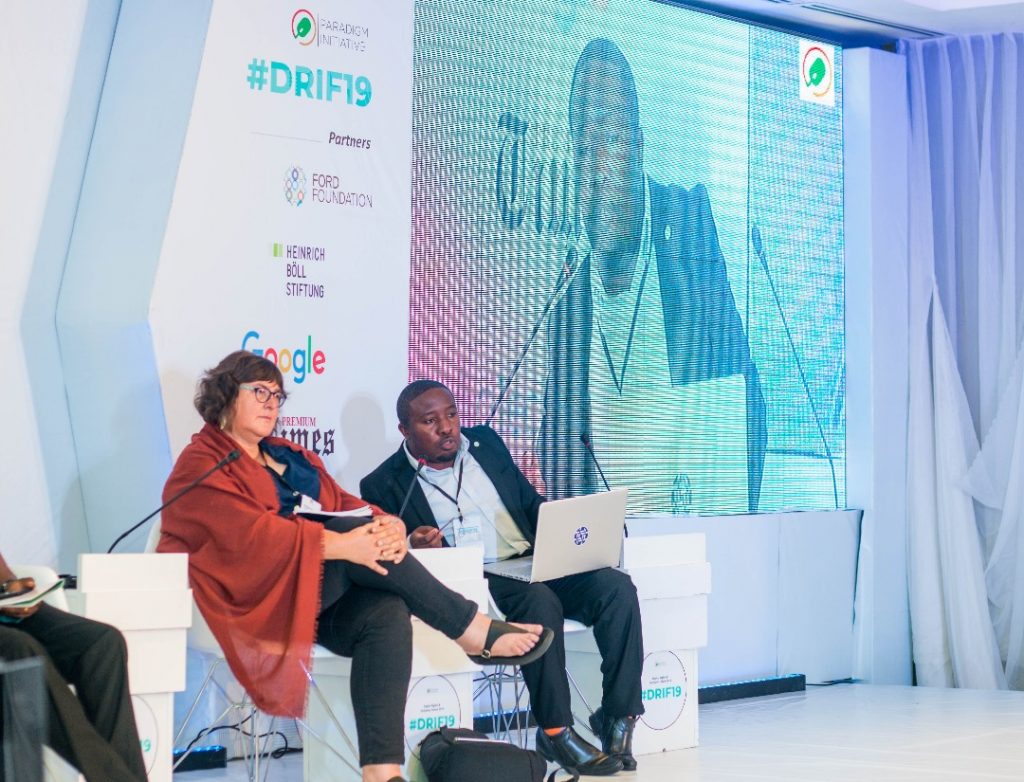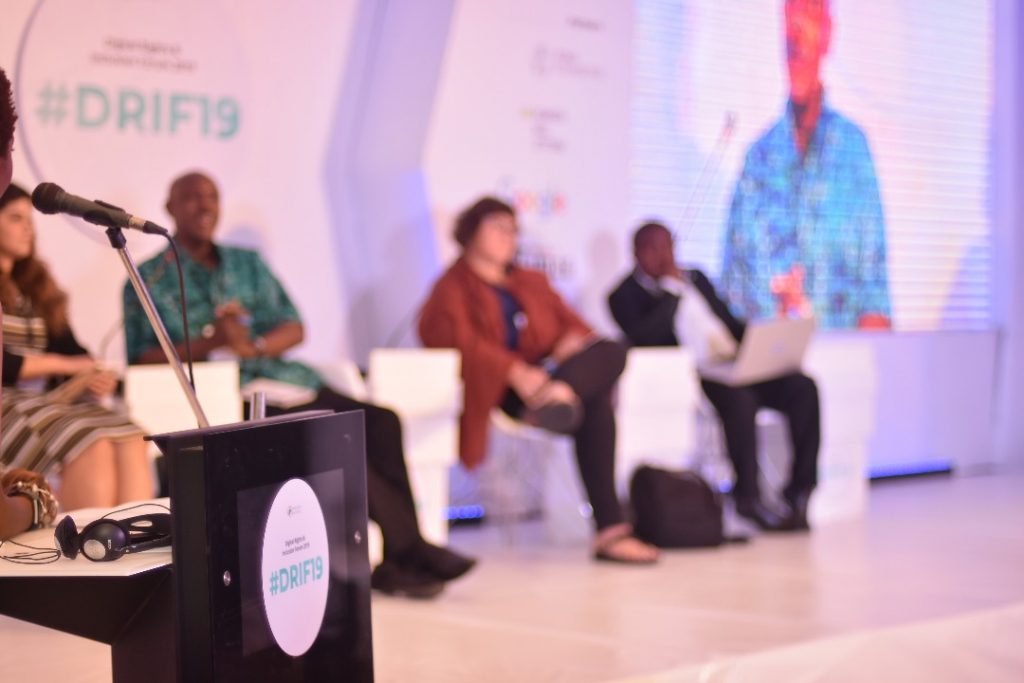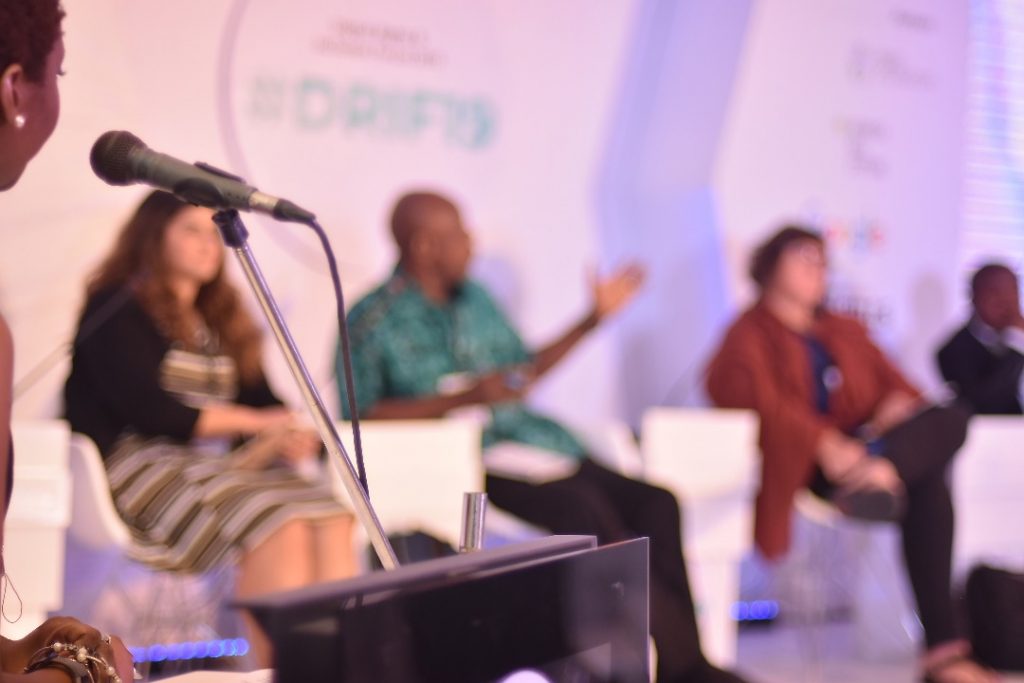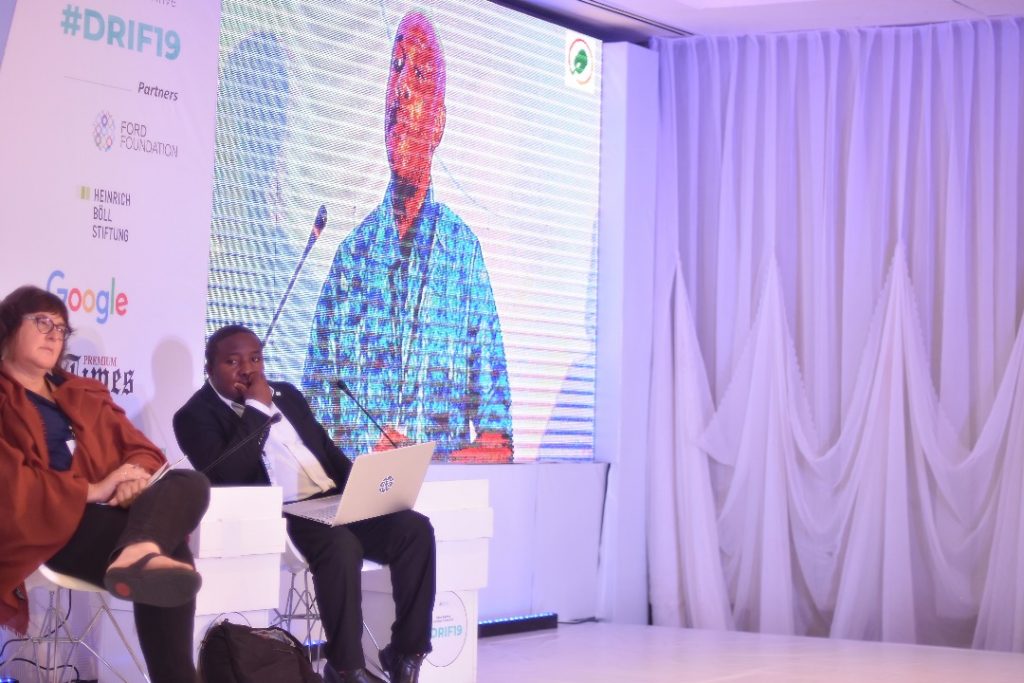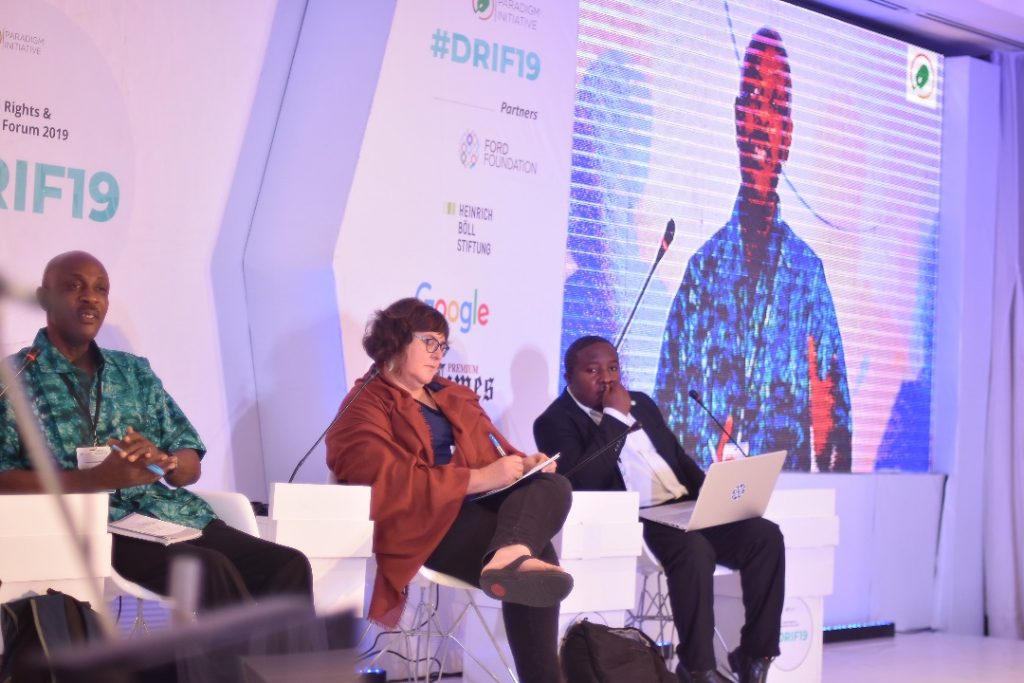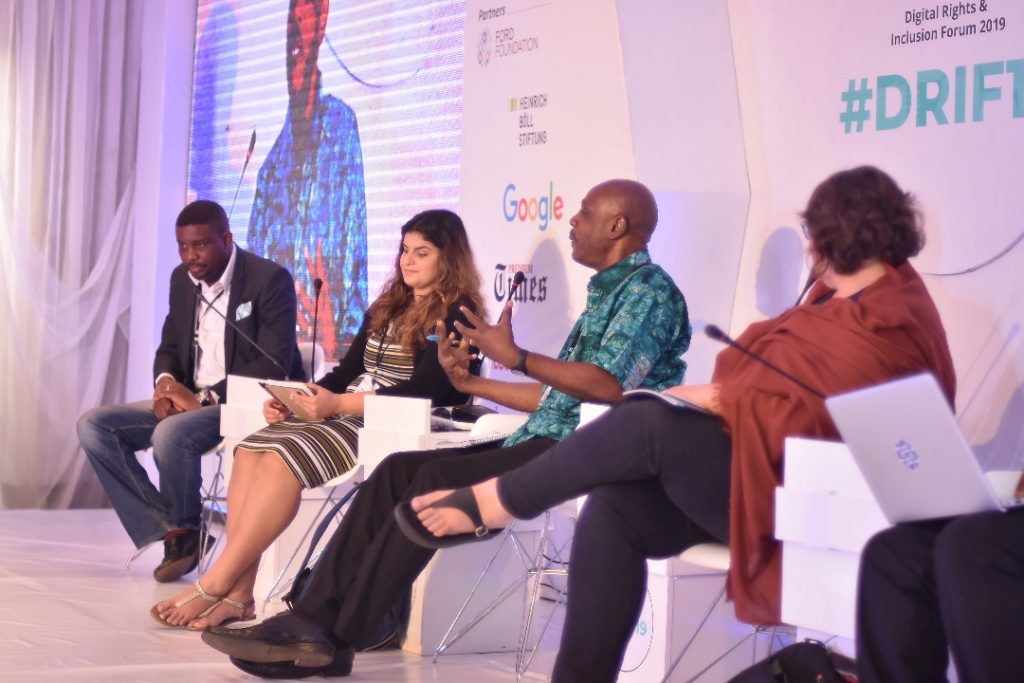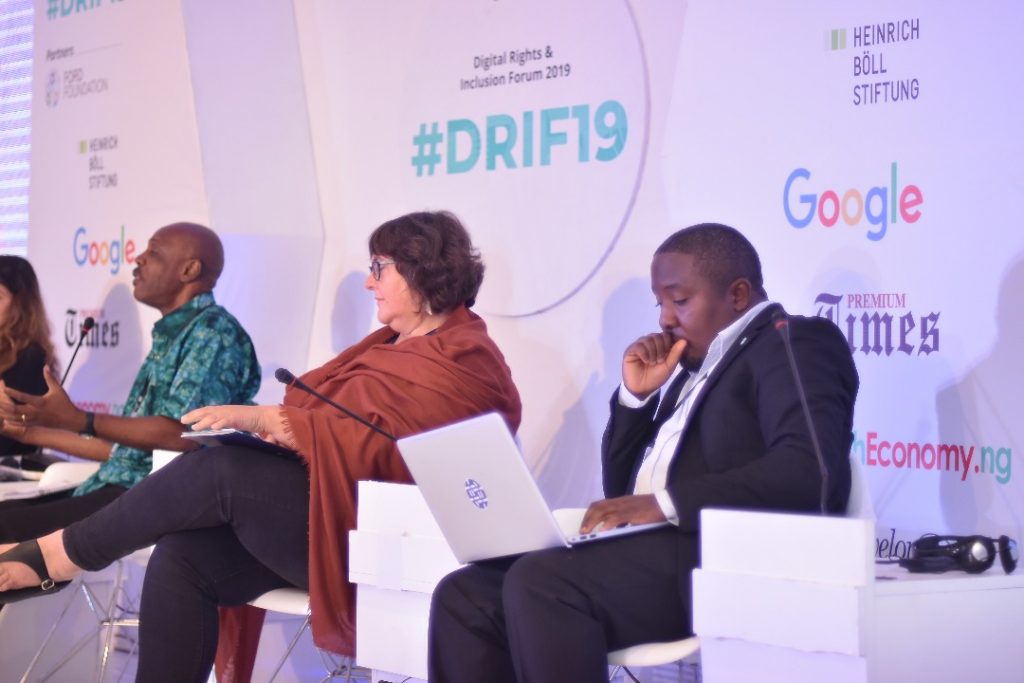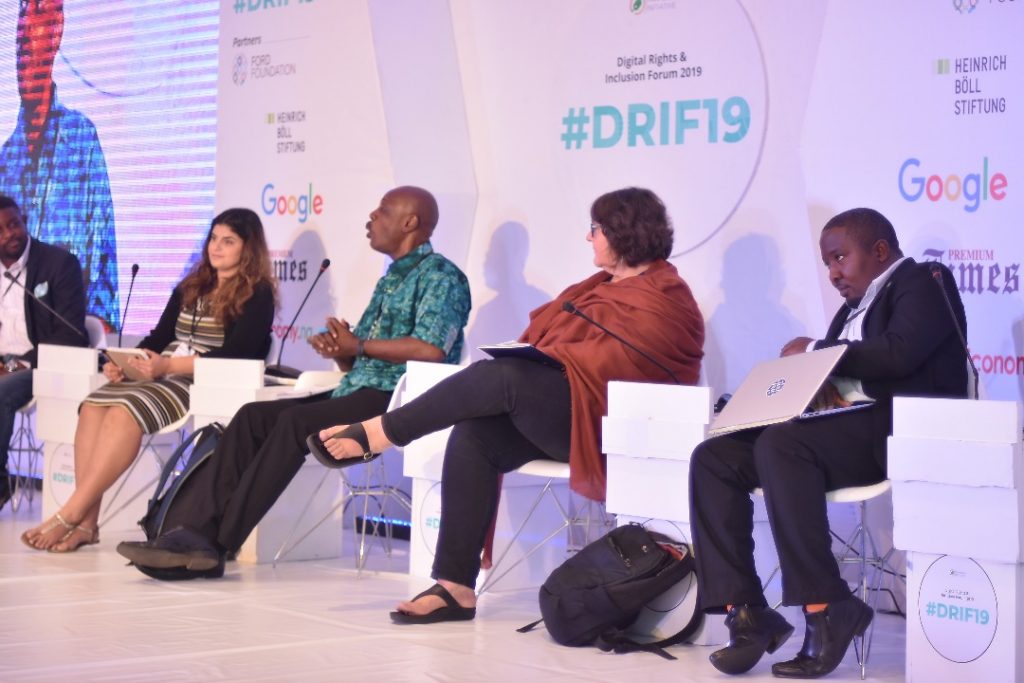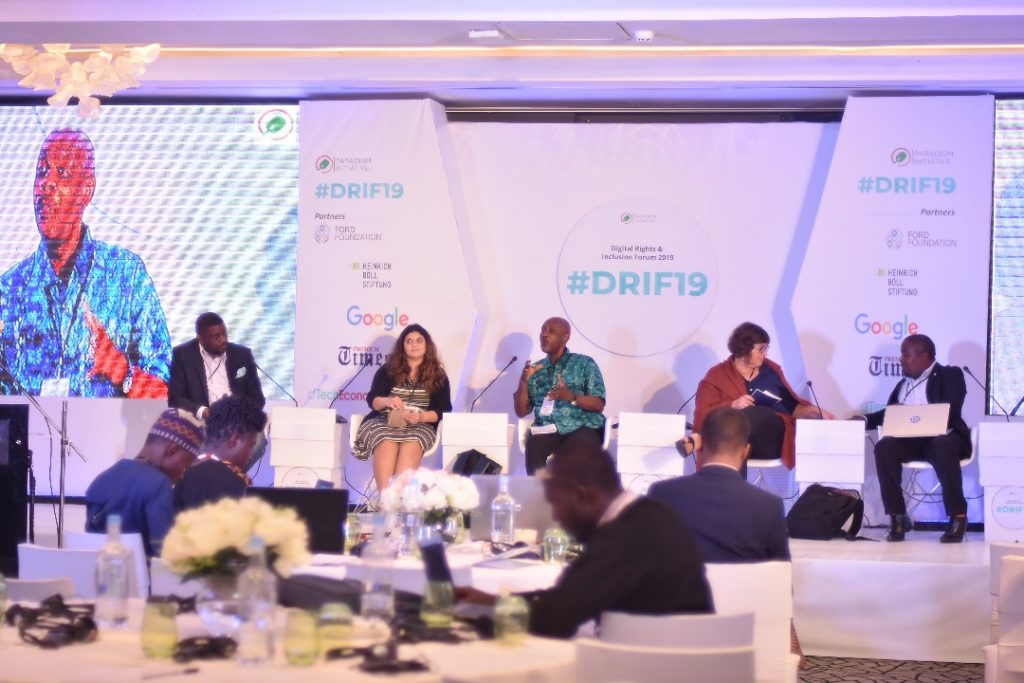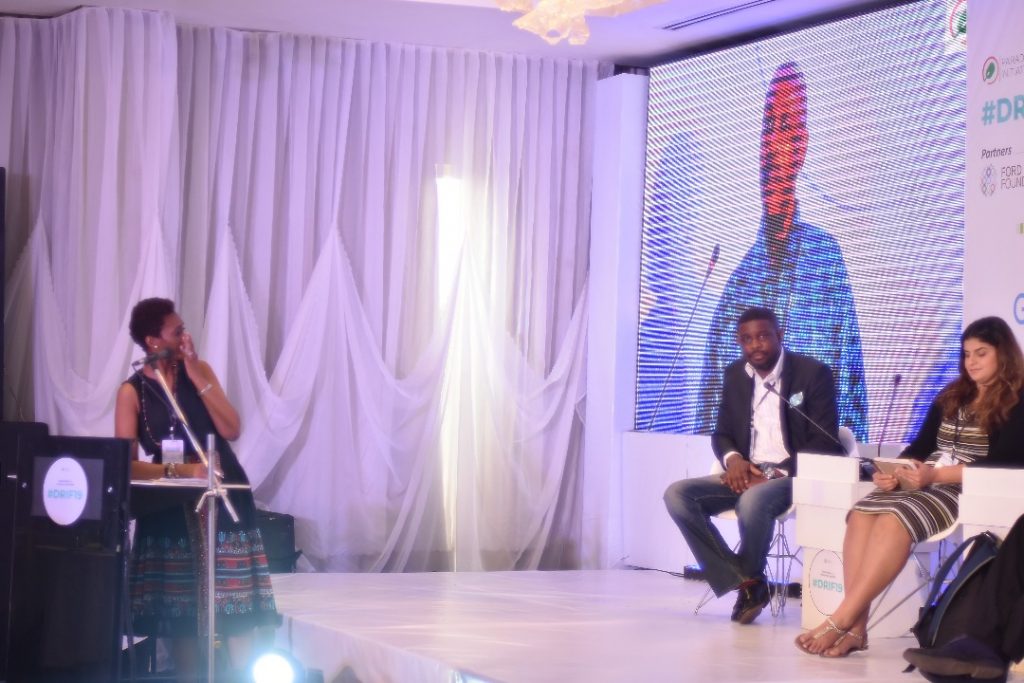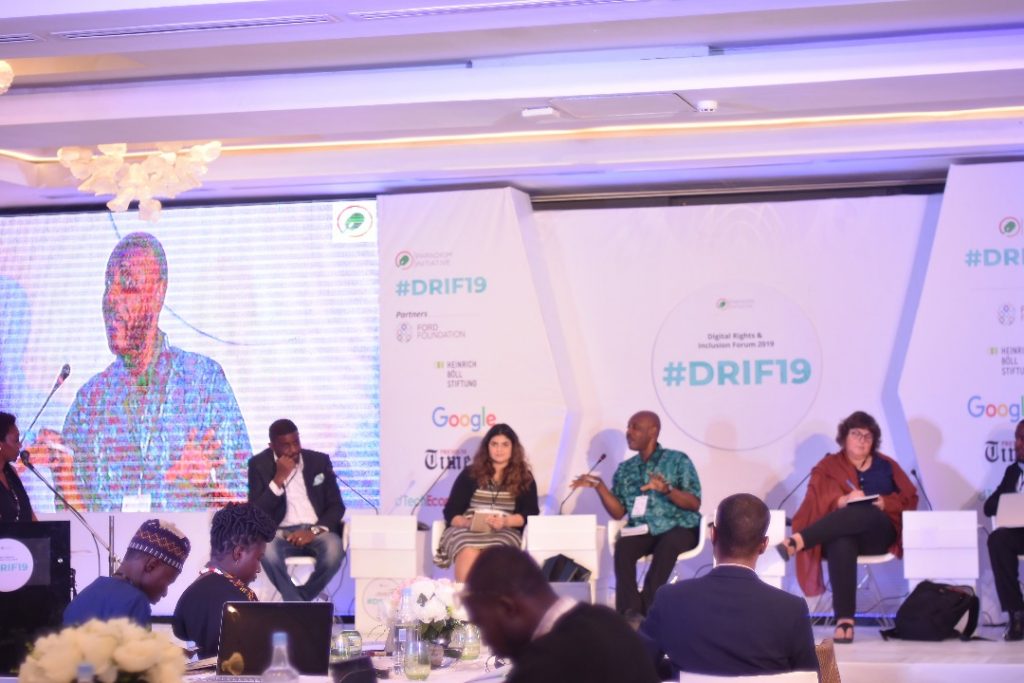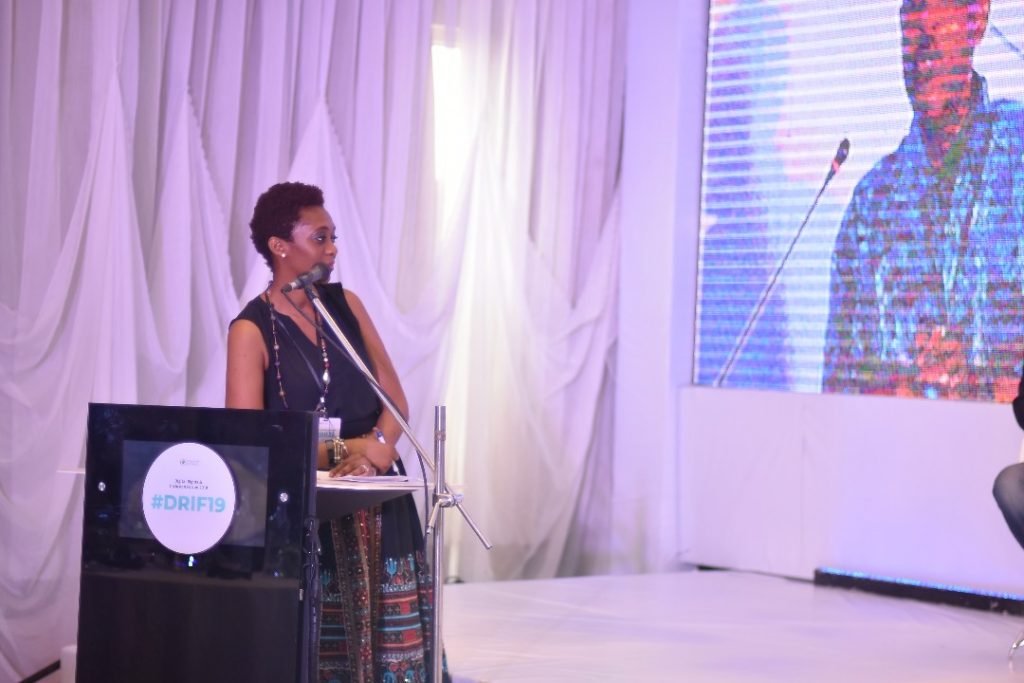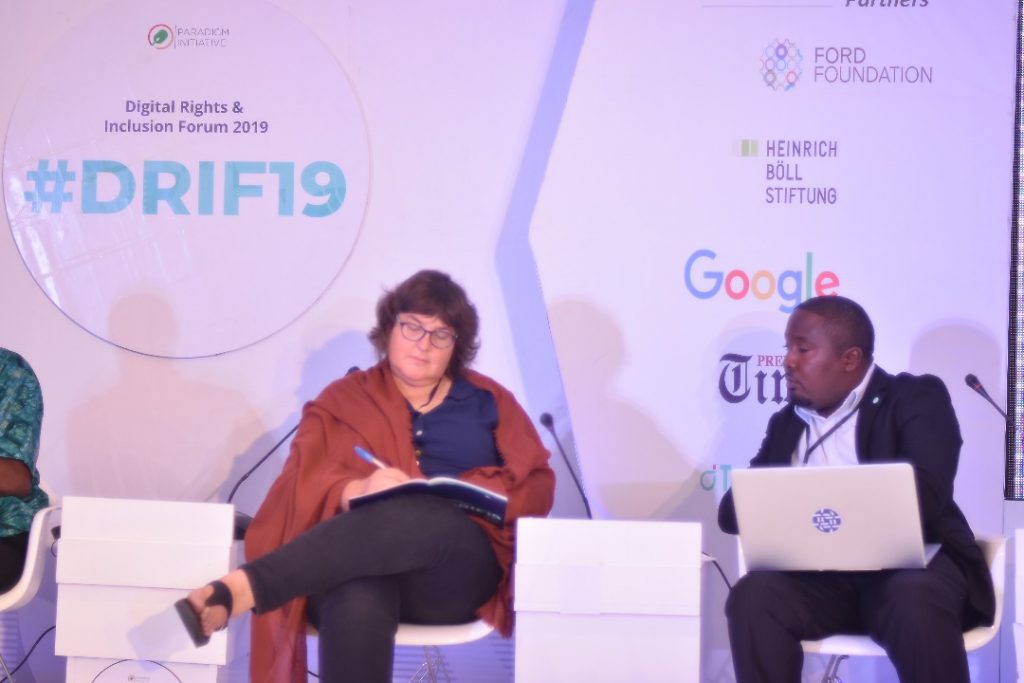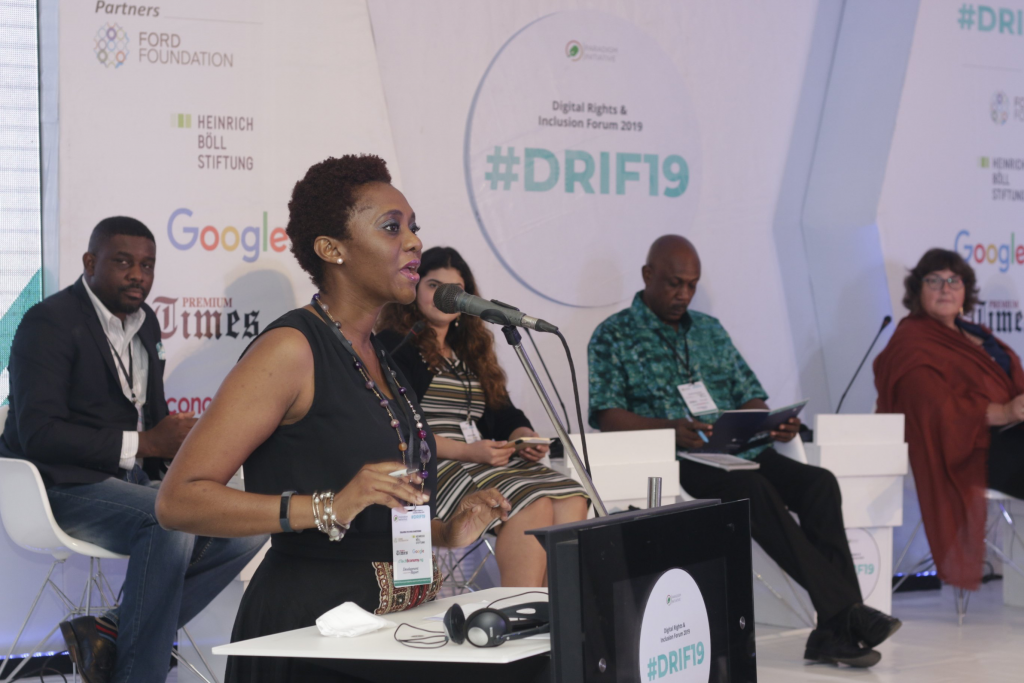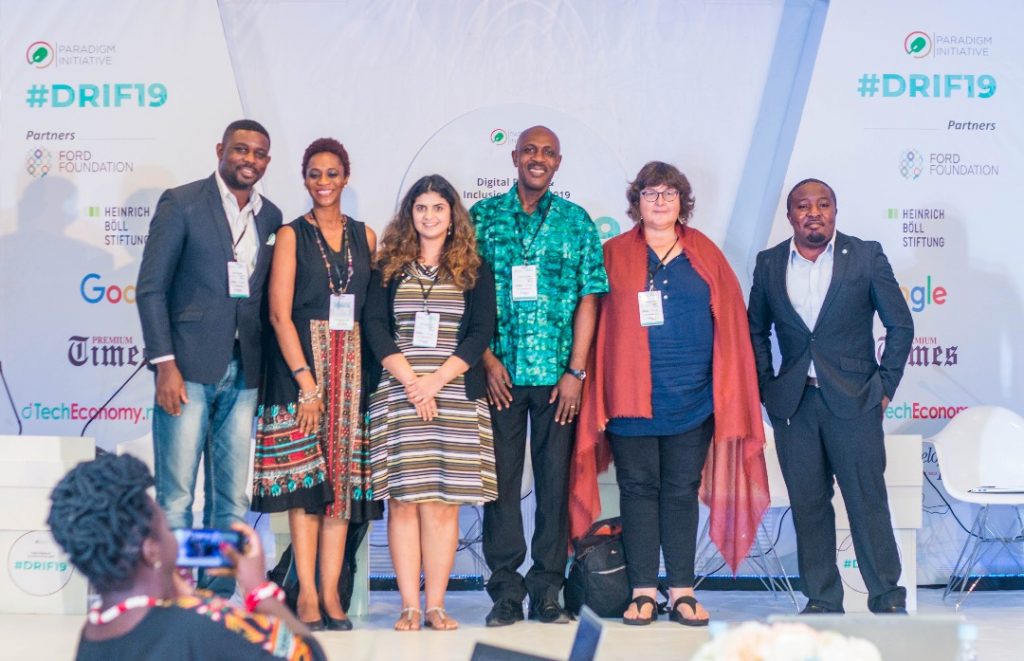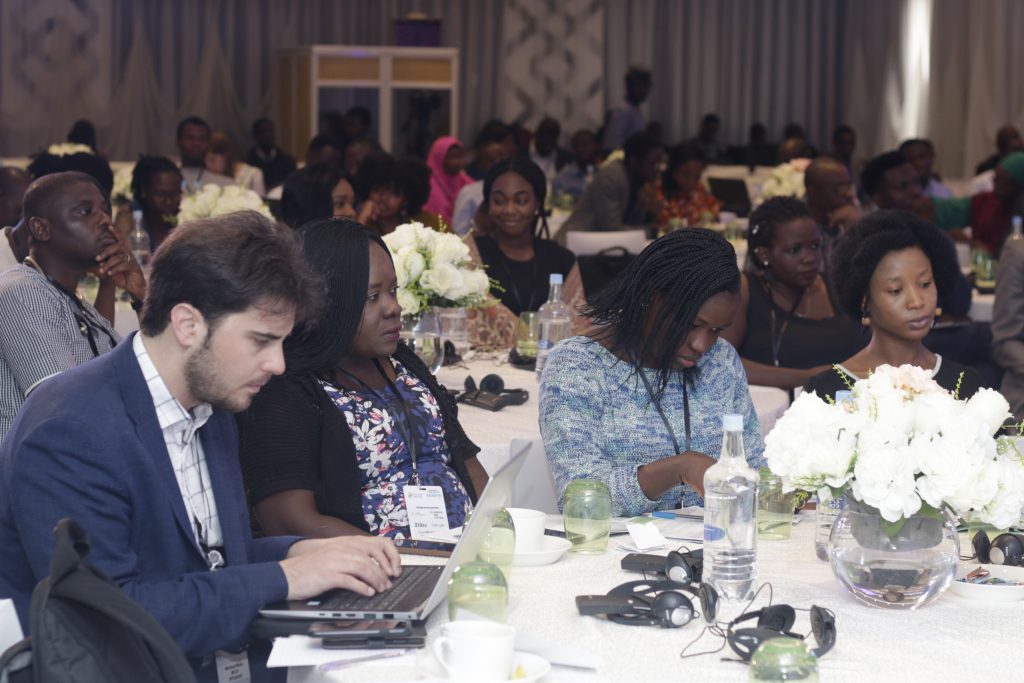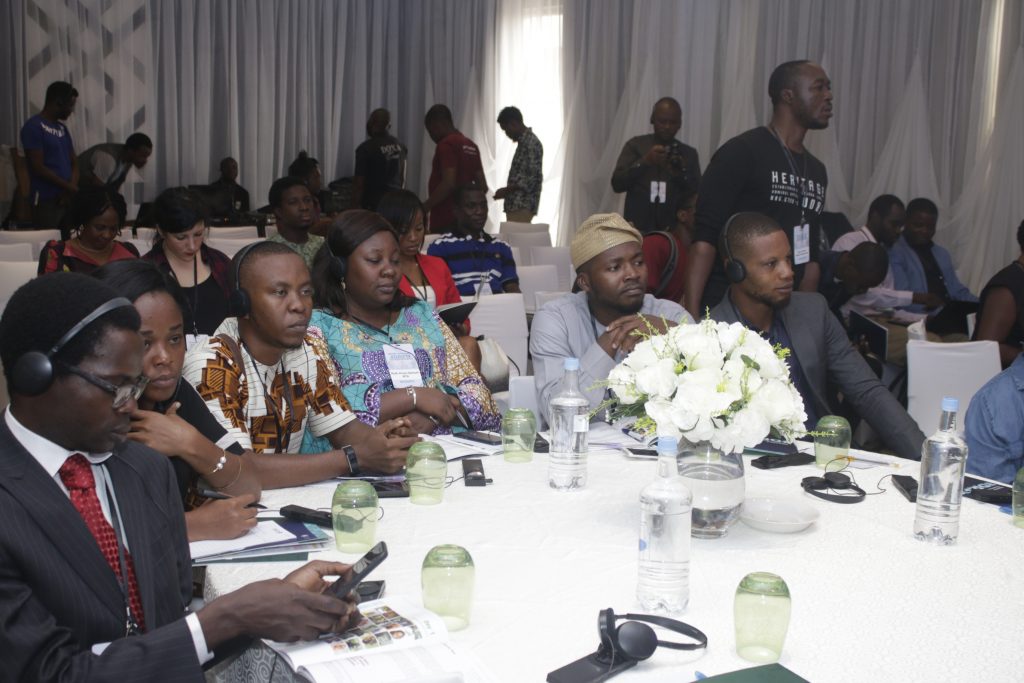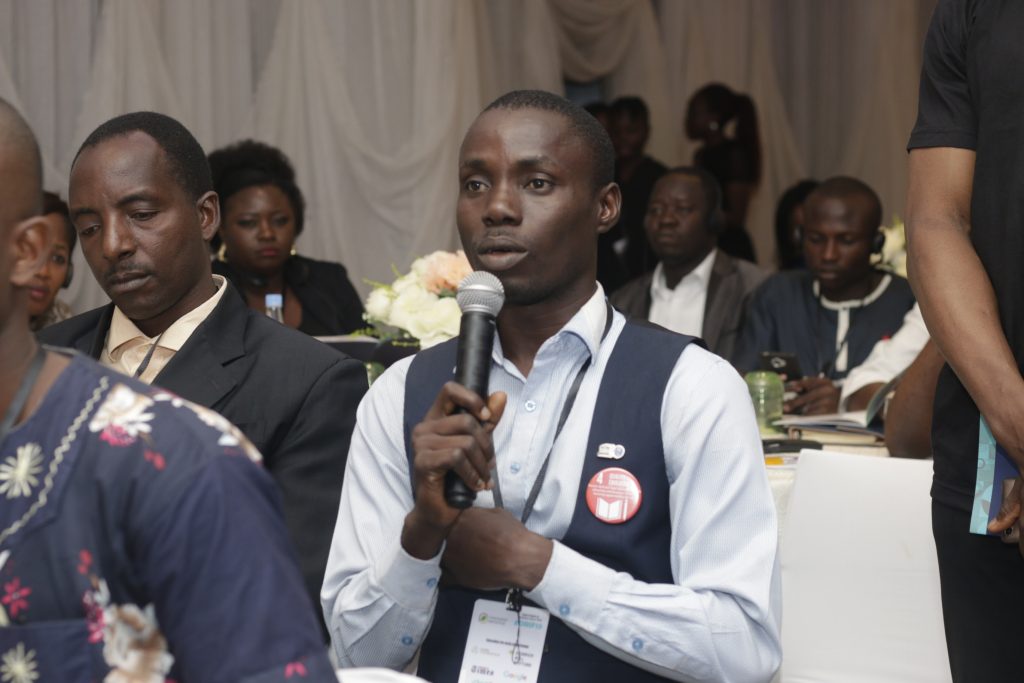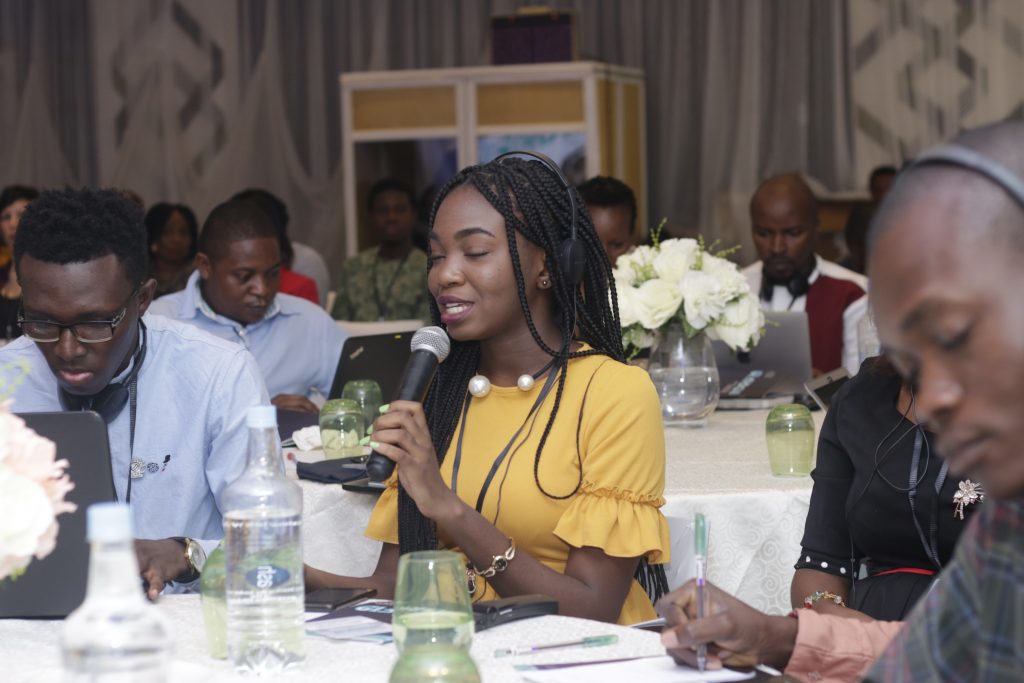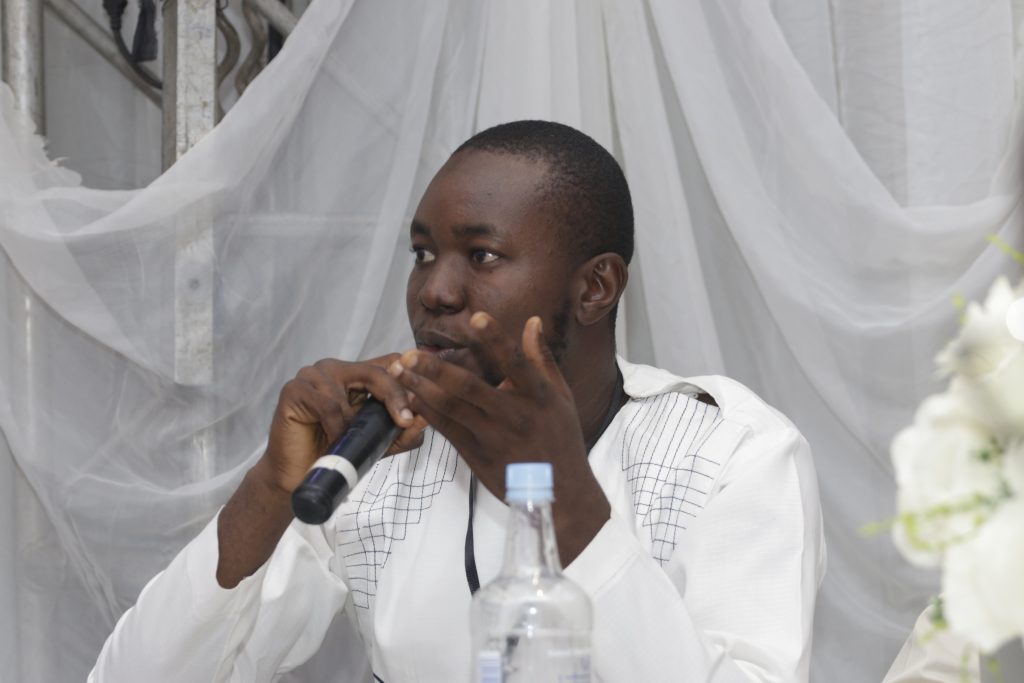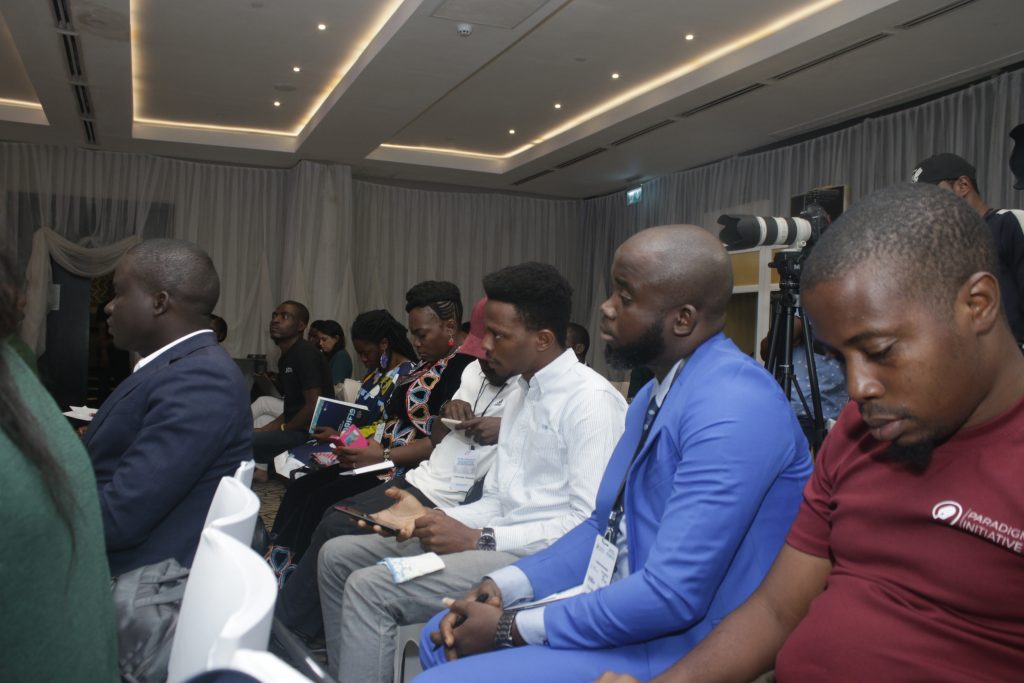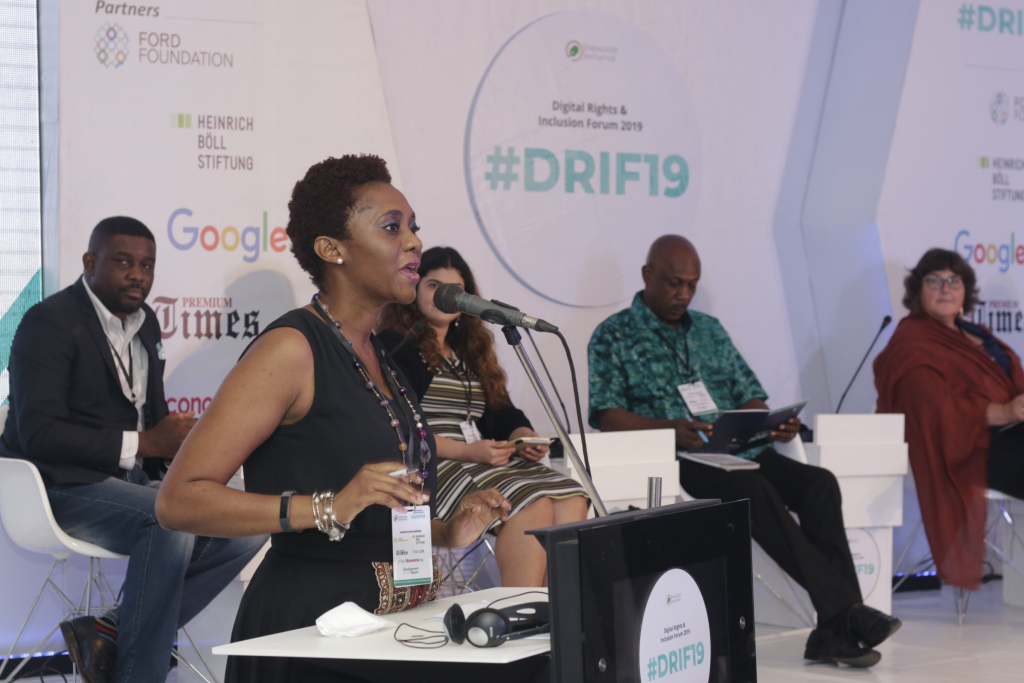NPOC’s Outreach and Panel Session at the Digital Rights & Inclusion Forum 2019
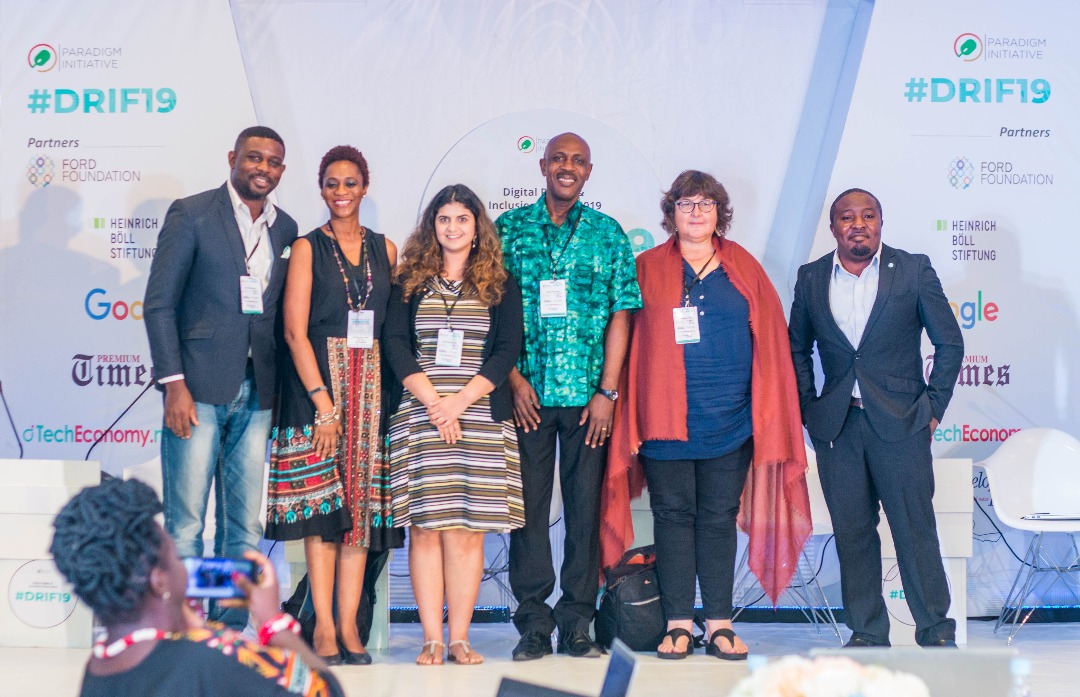
Thursday, April 25, 2019
Radisson Blu Hotel, Ikeja GRA, Lagos – Nigeria
INTRODUCTION:
On April 25, 2019, NPOC members organised and participated in a session at the recently-concluded Digital Rights Inclusion Forum 2019 in Lagos, Nigeria called “Internet Governance: Multi-stakeholderism and Participation in the Assigned Names and Numbers Space.“
ABOUT THE CONFERENCE:
The Digital Rights and Inclusion Forum (formerly Internet Freedom Forum- IFF) DRIF is an arena where tough topical global issues around Internet rights, especially in Africa, are discussed between civil society, technology companies, government, academia and other stakeholders. Over the last 7 years, DRIF has gained a reputation as an important platform where conversations on digital policy in Africa are shaped, and policy directions forged.
The forum presents a unique platform for discussions and engagement around current trends and emerging issues affecting Internet Freedom in Africa. Since 2017, proceedings at DRIF have been bilingual – English and French, to cater to the diversity of participants attending. Participants at DRIF include civil society organizations, policy actors/makers, legal/policy experts, academia, advocates, tech enthusiasts, industry representatives and active citizens among others.
DRIF Conference Website: http://drif.paradigmhq.org/
ABOUT THE SESSION:
This session was tagged “Internet Governance: Multistakholderism and Participation in the Assigned Names and Numbers Sector ” and set out to explain, for newcomers, what Internet Governance in the names and assigned numbers sector is. It outlined how a decentralized and international multistakeholder network can contribute to the development and application of shared principles, norms, rules, decision-making procedures, and programmes that shape the evolution and use of the Internet.
This session explained who the Internet Corporation for Assigned Names and Numbers (ICANN) is and their role in ensuring the interoperability and coordinating key technical and policy aspects of the underlying core infrastructure and the domain name system.
This session brokedown the multistakeholder model that ICANN uses in developing policy that guides the domain name system and explained the opportunities for participation available to members of the community – especially for members of Civil Society.
SESSION REPORT:
Our session explained who ICANN is, their role in ensuring the interoperability and coordinating key technical and policy aspects of the underlying core infrastructure and the domain name system. Our discussion included explanations of the multistakeholder model, the ICANN structure, PDPs, GDPR and EPDPs and ways to contribute to and join ICANN.
Sunday Folayan started off with a description of the term “Internet Governance”, explaining how it provided procedures and processes to govern all the elements of the Internet ecosystem, including the users, devices and infrastructure and the information travelling through the networks.
Anriette Esterhuysen explained the ICANN structure including the supporting organisations (ccNSO, GNSO and ASO), the constituencies and the advisory committees. Lawrence Olawale-Roberts painted a deeper picture of the Contracted Parties House and its constituencies (IPC, BC, ISP..), while Ines Hfaiedh talked about the Non-Contracted Parties House, including NCSG, NCUC and NPOC. Caleb Ogundele gave some more information about NPOC and gave some insight on the perennial question of “So what’s the difference between NCUC and NPOC while providing information on how not-for-profits can participate actively?”
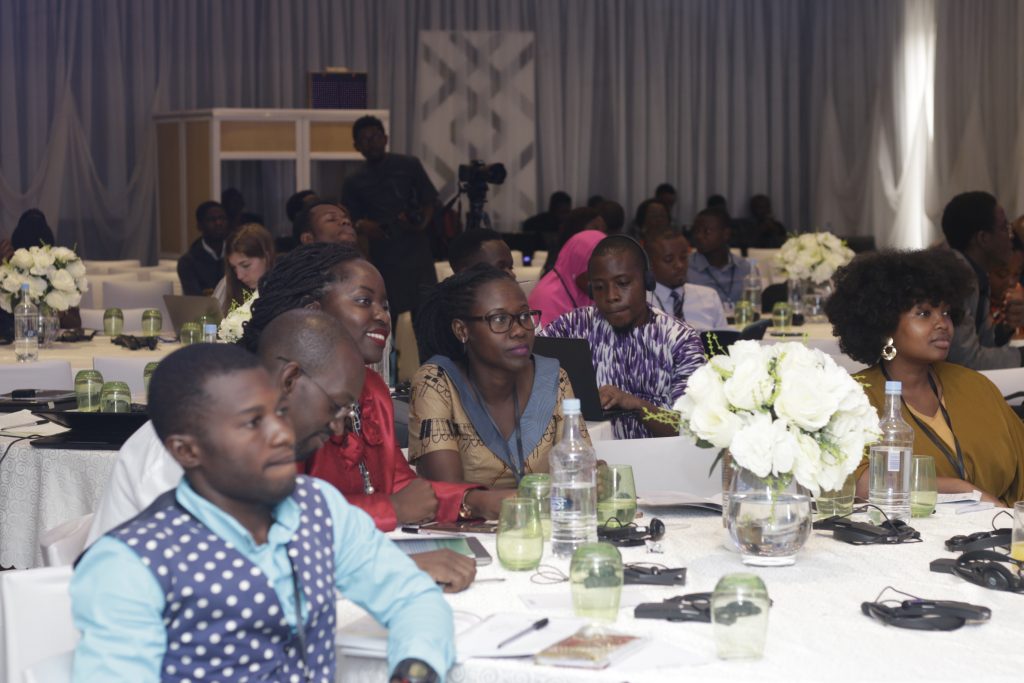
During the question and answer session, members of the audience wanted to know examples of specific policies that ICANN constituencies and stakeholder groups had been successful in pushing forward or contributing to. The speakers shared examples of the EPDP, Freedom of Speech and Human Rights issues, Privacy and Domain Abuses, dispute resolutions. Members of the audience also wanted examples of successful instances of the multistakeholder approach at work. The Nigerian Internet Registration Association (NIRA) was cited as an example, because its existence was borne out of the charge by ICANN to manage the Nigerian ccTLD. At the level of ICANN a clear example of the Expedited Policy Development Process (EPDP) was emphasized
For people who wanted to know how to get involved and learn more about ICANN, the speakers invited them to visit the ICANN website and especially the websites of specific constituencies or groups that they were considering participating. They also highlighted the ICANN Learn online tool to learn more about ICANN, as well as consider applying for the Fellowship programme – though they emphasised that prior engagement with ICANN or domain name policy work was now an important requirement for the Fellowship programme.
As the audience was largely made-up of civil society and nonprofit organisation personnel, the panellists pointed them to the open public comments section of the ICANN website for opportunities to contribute to ongoing policy conversations.
In all, we hope and believe we had an engaging and interesting discussion, sharing what we do at ICANN. You can watch the video recording of the panel here: https://youtu.be/v_Pzfd6v4Sk and the question and answer session: https://www.youtube.com/watch?v=H1X1ORVm2bE
PARTICIPANTS:
This session featured:
- Anriette Esterhuysen (NCUC and NomCom): https://en.wikipedia.org/wiki/Anriette_Esterhuysen
- Ines Hfaiedh (NCUC AND AFRALO): https://icannwiki.org/Ines_Hfaiedh
- Caleb Ogundele (NPOC, NCUC and AFRALO): https://icannwiki.org/Caleb_Olumuyiwa_Ogundele
- Lawrence Olawale-Roberts (BC and NomCom): https://www.linkedin.com/in/lawrenceor/
- Oreoluwa Lesi (NPOC and AFRALO) – Moderator: https://icannwiki.org/Oreoluwa_Somolu_Lesi
Seun Ojedeji of ALAC, AFRALO and ASO was meant to have joined us, but was unavoidably absent due to work obligations.
Remmy Nweke (NPOC appointee to the NCSG Finance Committee) was in attendance.
OUTCOMES:
- Our session had approximately 50 people in attendance.
- 50 NPOC brochures were disseminated at the session and via the conference registration desk.
This session was also livestreamed and video recordings of the panel, question and answer session, as well as photos are available.
Video Recordings of the Panel: https://youtu.be/v_Pzfd6v4Sk
Question and Answer Session: https://www.youtube.com/watch?v=H1X1ORVm2bE
Session Photos: https://drive.google.com/open?id=1-42biDJ1n2H-zK8d58oGha0n9g0vXkwb


